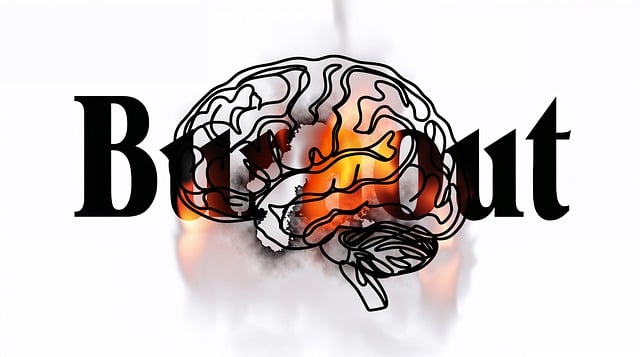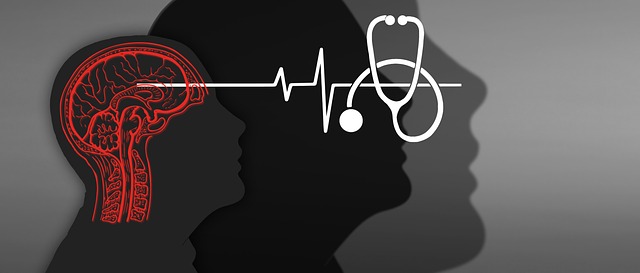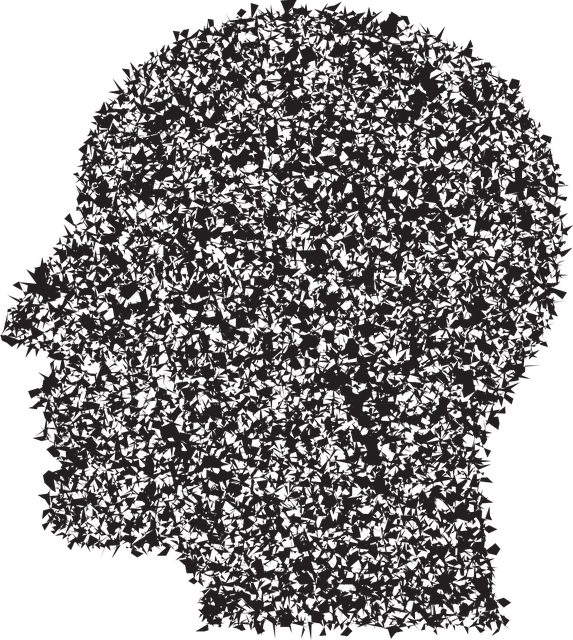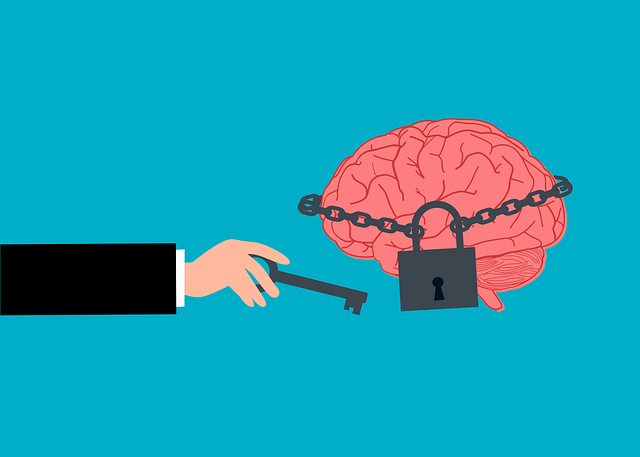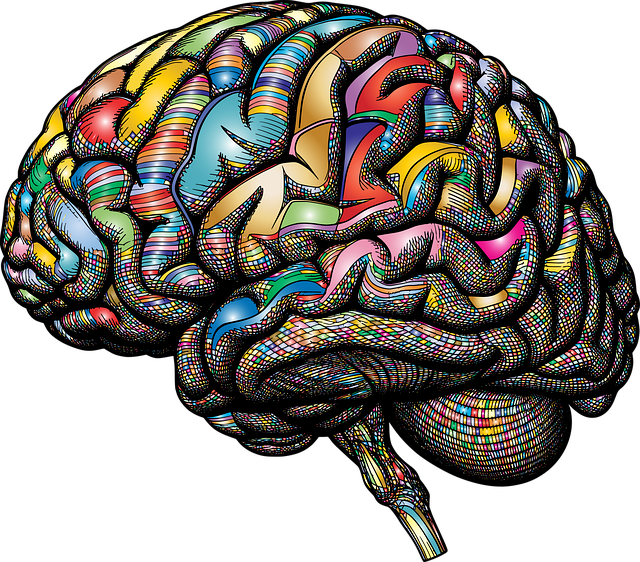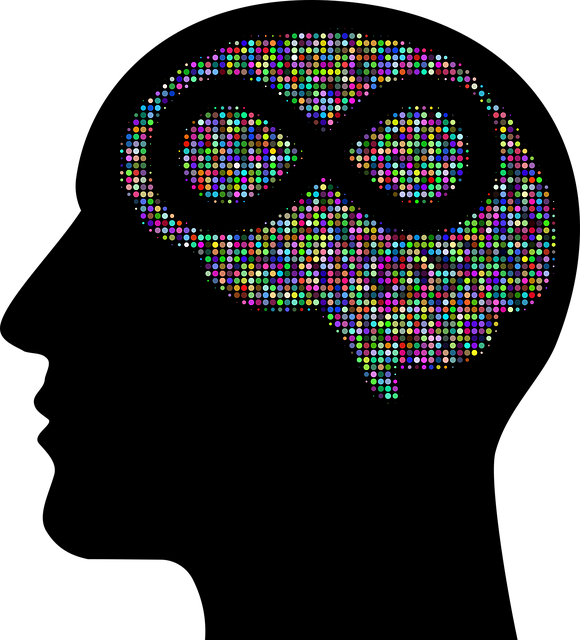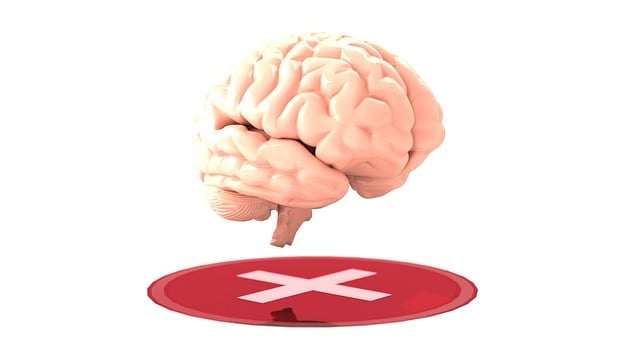Understanding Mental Health Data is a critical first step for organizations offering Centennial French-speaking therapy. This involves collecting and preparing key data points from various sources, including patient demographics, diagnostics, treatments, and outcomes. Through data cleaning, organization, and validation, therapists create a cohesive dataset for accurate analysis. Advanced data analysis techniques using machine learning and natural language processing reveal patterns in emotional states and treatment responses, aiding in risk assessment and proactive interventions. Culturally sensitive care is ensured by overcoming language barriers, integrating Self-Awareness Exercises, Empathy Building Strategies, and tailored communication methods, leading to improved diagnostic accuracy and successful treatment outcomes for Centennial French-speaking clients.
Mental health data analysis is a burgeoning field, especially within the context of diverse populations like the Centennial French-speaking therapy sector. This article explores three key facets: understanding and collecting mental health data, employing advanced analytical techniques for deeper insights, and interpreting results to inform clinical decision-making. We delve into strategies tailored for Centennial French-speaking communities, enhancing cultural sensitivity and improving therapeutic outcomes.
- Understanding Mental Health Data: Collection and Preparation
- Advanced Techniques for Data Analysis in Therapy
- Interpreting Results: Strategies for Clinical Decision-Making with Centennial French-Speaking Populations
Understanding Mental Health Data: Collection and Preparation

Understanding Mental Health Data is a critical first step for any organization or therapist offering Centennial French-speaking therapy services. It involves meticulous collection and preparation processes to ensure the accuracy and reliability of data. The journey begins with identifying relevant data points, such as patient demographics, diagnostic criteria, treatment modalities, and outcome measures. This raw data is often scattered across various platforms, including electronic health records, survey responses, and assessment tools.
Effective data preparation includes cleaning and organizing these disparate sources to create a cohesive dataset. It involves handling missing values, validating formats, and ensuring consistency in coding and categorization. This foundational step is crucial for accurate analysis and interpretation, enabling therapists and coaches to gain valuable insights into their patients’ mental wellness journeys. For instance, Mental Wellness Coaching Programs Development can be informed by data that tracks patient progress over time, highlighting effective communication strategies (as previously mentioned) and areas needing improvement in therapy sessions.
Advanced Techniques for Data Analysis in Therapy

In the realm of mental health therapy, the application of advanced data analysis techniques is transforming how practitioners understand and support their clients. For instance, Centennial French-speaking therapy benefits immensely from sophisticated tools that enable in-depth insights into patient progress and treatment effectiveness. These methods go beyond traditional qualitative and quantitative assessments, incorporating machine learning algorithms and natural language processing to analyze textual data, such as therapy sessions’ transcripts. This approach allows for the identification of patterns, trends, and even subtle shifts in patients’ emotional states or treatment responses over time.
Moreover, integrating risk assessment models into these advanced techniques empowers mental health professionals with valuable predictive capabilities. By factoring in various patient characteristics, treatment modalities, and outcome measures, these tools can help anticipate potential risks or relapses, enabling proactive interventions. Additionally, empathy-building strategies are enhanced through data analysis by providing actionable insights to refine therapeutic approaches, thereby fostering a deeper connection between therapist and client. This holistic use of data not only improves individual therapy sessions but also contributes to the broader goal of promoting positive thinking and mental well-being in the population at large.
Interpreting Results: Strategies for Clinical Decision-Making with Centennial French-Speaking Populations

When analyzing mental health data from Centennial French-speaking populations, interpreting results accurately is crucial for effective clinical decision-making.
Given cultural nuances and language barriers, therapists must go beyond literal translations when applying findings from research or standard assessment tools.
Integrating Self-Awareness Exercises and Empathy Building Strategies can bridge the gap. By fostering open dialogue and understanding of unique perspectives, therapists can gain valuable insights into an individual’s experience. Communication Strategies tailored to the Centennial French-speaking context further enhance collaboration and ensure culturally sensitive care. This approach not only improves diagnostic accuracy but also strengthens therapeutic alliances, ultimately promoting more successful treatment outcomes.
Mental health data analysis is a powerful tool, especially when tailored to the unique needs of Centennial French-speaking therapy populations. By understanding and interpreting these data effectively, professionals can make informed clinical decisions, ultimately enhancing patient care and outcomes. Advanced techniques, combined with culturally sensitive approaches, enable us to navigate the complex landscape of mental health insights, ensuring personalized and impactful treatment for all.
